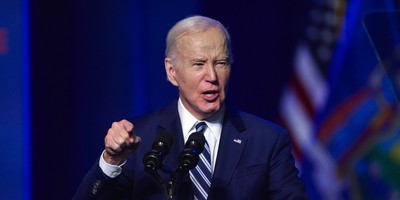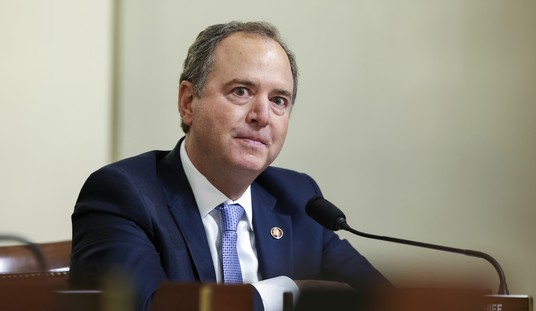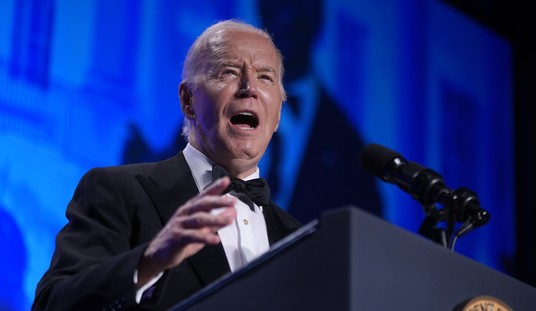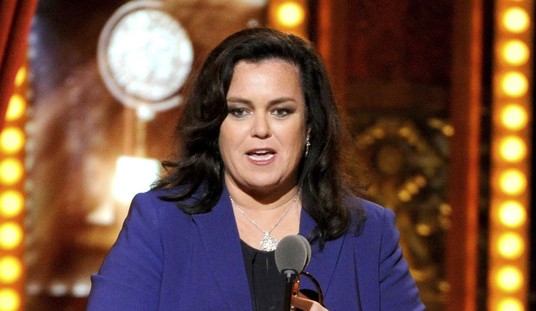Republican Sen. Jeff Sessions of Alabama told Townhall he wants to see change out of the White House as the next step in what the government funds and cuts financially this year and next. Sessions said the president is “doing nothing positive” for sound financial management and the pressure is building on everybody as Congress faces expiring funding and record deficits.
“I’ve just been stunned how in denial they’ve been about our financial situation,” Sessions said of the White House, pointing out the president is opposing entitlement reform (not addressed in his 2012 budget) while proposing significant investments. Sessions listed some numbers from his office on the president’s budget: a 11 percent increase in education spending, a 9.5 percent increase in energy department, and a 62 percent increase in transportation funding. He’s gone after several administration officials in committee hearings over the subject.
Sessions doesn’t see the president’s numbers passing in the Senate; however, he also said that if the president doesn’t change his approach, it’s unlikely that significant reform will pass this year, because Democrats won’t approve Republican numbers, either.
“I think that he’s got loyalty in the Senate. The Democratic senators -- they wouldn’t like to break ranks with him, and, too, he has the ultimate veto power also,” Sessions said.
Right now, Sessions expects that a 3-week continuing resolution (CR), accompanied with a $6 billion spending reduction, is the short-term future (this CR passed the House earlier this week). He said that would keep the government on track for a $61 billion reduction by September 30 (the end of fiscal year 2011).
Recommended
And despite Republican Senators Jim DeMint and Marco Rubio announcing they would not support another short-term CR like the one the House just passed, Sessions said he is inclined to support this one because the bill will keep them on that reduction timeline.
“I’d rather do that [pass this CR] then to get into some split-the-baby difference, so instead of $61 billion, you get $30 billion reduction.” He said he’s willing to work with Democrats on what needs to be reduced, but he wants the end number to remain the same.
He does see one clear disadvantage, however, to the short-term plan.
“It doesn’t bother me too much except there is a need for us to create more stability in our economy, and this is one area of instability,” Sessions said. Apart from this concern -- that a short-term CR doesn’t give markets the certainty needed to plan their financial future -- Sessions says its quick expiration date keeps the issue in front of the American people.
He’s also not worried, for the same reason, about having the CR discussion run up against the debate of the 2012 budget. The short term CR passed by the House this week expires April 8, the same month the GOP is expected to release their budget proposal for 2012.
In fact, Sessions sees three financial battlefronts ahead on Capitol Hill: the discussion over how to finish fiscal year 2011, whether to raise the debt limit ceiling, and the 2012 budget.
“This should mean that we can maintain a very aggressive national discussion about our financial situation for some weeks to come,” Sessions said.

























Join the conversation as a VIP Member